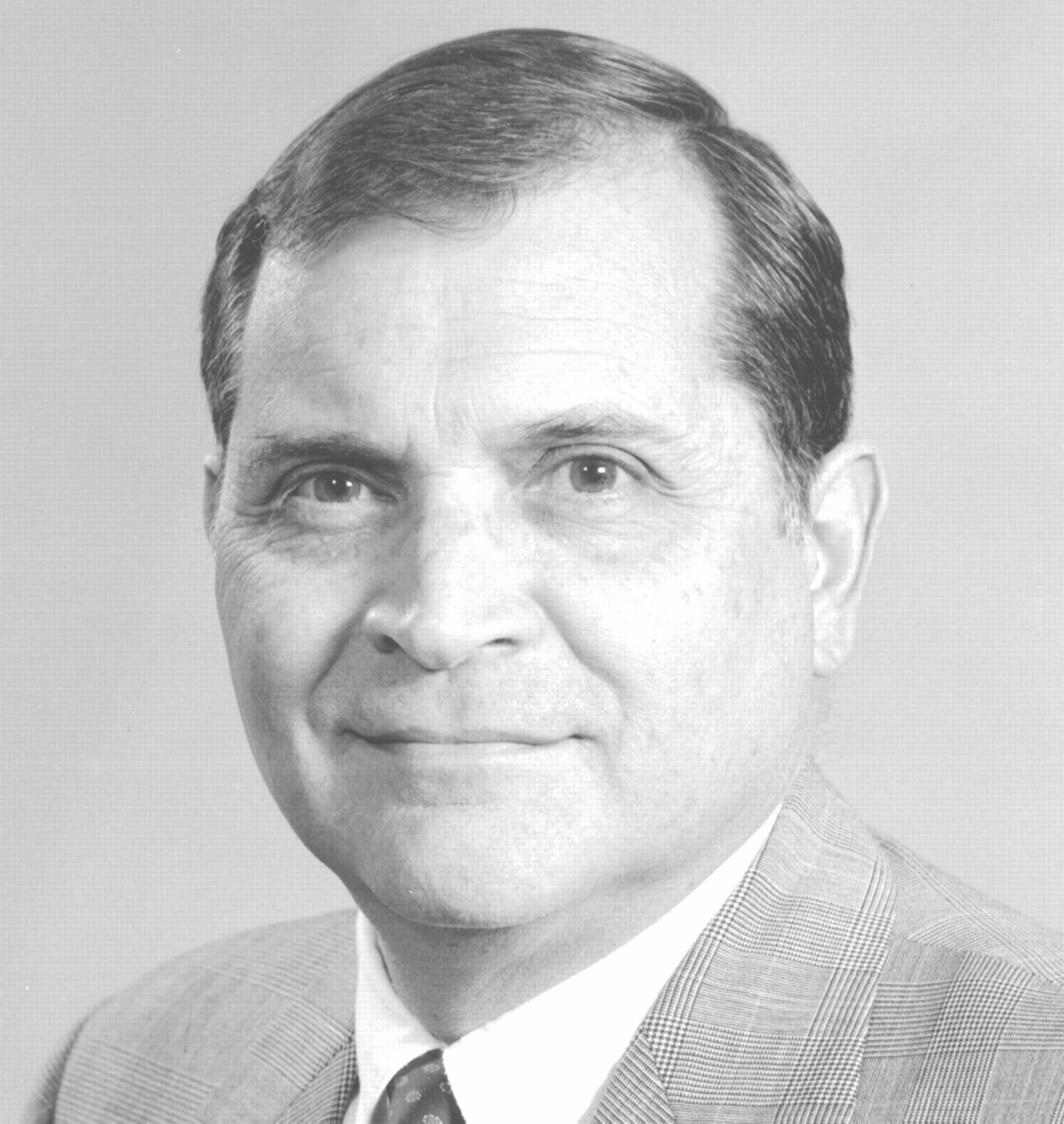New Mexico has narrowly avoided having its name linked to a dubious first. Last month it appeared to be on its way to becoming the first state to grant prescribing privileges to psychologists, when time ran out on the initiative.
While the attention of psychiatrists and other physicians was focused on several other states where psychologist prescribing was a more imminent threat, psychologists in New Mexico managed to move a prescribing bill quickly through committees of both houses of the state legislature.
On March 10 the New Mexico House approved the measure by a 37 to 21 vote.
After this vote it was the state Senate’s turn to consider the bill. On March 15 the New Mexico Senate’s Public Affairs Committee passed the proposal by a 4 to 3 vote. Two of the three “no” votes came from the two physicians who serve in the state Senate, both of whom are on this committee.
The psychologist-prescribing bill was the last item on the Senate’s agenda before the Senate was scheduled to adjourn for the session at noon on March 17. It appeared as though the prescribing bill had sufficient support to pass the full Senate, though one of the physician senators threatened to filibuster it until time ran out.
When the legislative session was gaveled to a close at noon on March 17, opponents of the psychologist-prescribing bill managed to raise enough concerns in lawmakers’ minds that the bill failed to come to the floor for a vote.
The Psychiatric Medical Association of New Mexico (PMANM) and its allies, particularly at the state medical society, repeatedly made the argument that it was a dangerous idea to grant to clinicians who had never been to medical school the right to prescribe potent and complex psychoactive medications. They tried to convince legislators that the course work in psychopharmacology that the bill would have required psychologists to complete was inadequate to understand the multiple physiological signs and symptoms that a physician looks for when monitoring a patient taking psychoactive drugs.
Lawmakers seemed to be impressed, however, by the case made by psychologists and their allies—including the state’s Alliance for the Mentally Ill chapter—that in this largely rural state vast areas were unserved by psychiatrists and that psychologists with prescribing privileges would step in to provide mental illness care in these locales. Unlike legislators in other states who have considered similar proposals, New Mexico lawmakers were not presented with data on the distribution of psychologists in these isolated areas or on the number of general practice physicians who do serve these regions and are qualified to prescribe psychoactive medications.
Lobbyists for the New Mexico district branch and the state medical society had difficulty combating the distribution argument, which seemed to resonate with lawmakers, but successfully raised enough concerns that they were able to postpone a vote long enough that the clock ran out. The lobbyists faced considerable odds considering that among the powerful lineup of advocates for psychologist-prescribing legislation were the state’s attorney general, secretary of state, and a majority of the legislators, including several influential committee chairs.
The psychologists advocating the prescribing bill had begun their work well before the bill surfaced in the legislature in January. “They had already started the ‘training program’ for psychologists to ‘learn’ to prescribe at the College of Nursing at New Mexico State University in Las Cruces—without our knowing it,” said Albert Vogel, M.D., in an interview with
Psychiatric News. Vogel is a psychiatrist in Albuquerque and the Area 7 representative to the APA Board of Trustees.
Vogel noted that the state Board of Medical Examiners, the University of New Mexico School of Medicine, and the New Mexico Medical Society (NMMS) were also unaware that the psychologist-prescribing program had started.
“I also believe that most psychologists in New Mexico did not know that this had been started up either,” he added.
Medical Society Allies
Neil Arnet, M.D., president of the PMANM, said part of the reason the district branch was able to head off the juggernaut was its close relationship with the NMMS. The medical society “has its own lobbyist, plus a second lobbyist with whom the society contracts to help on legislation issues,” Arnet told Psychiatric News. “Members of our executive committee began to meet with them early on. And during the legislative session, the NMMS hired a third lobbyist to work for them and us.”
District branch members also met with advocacy and consumer groups and with psychologists in an effort to educate them and elicit their support.
Other strategies the New Mexico psychiatrists used to build opposition to the bill despite limited financial resources, Arnet said, were “communicating with psychiatrists and nonpsychiatric physicians throughout the state and holding discussions with psychologists who opposed the prescribing bill. District branch members also went to the state capitol in Santa Fe to speak with lobbyists and meet with legislators,” he noted.
Arnet had considerable praise for the help provided by the staff of the APA Division of Government Relations (DGR). “As soon as we notified them about the prescribing bill, the staff began providing us with information. We received packets containing extensive information on the prescribing issue, including what had been done in other states,” he said.
DGR Director Jay Cutler, J.D., and Paula Johnson, deputy director for state affairs, “provided us with information, suggestions, and advice throughout the legislative session. They sent e-mails and faxes to psychiatrists throughout New Mexico. They were continually in touch with me, members of the district branch executive council, and the district branch office.”
Training Requirements
The bill would have required doctoral-level psychologists to complete 300 credit hours in psychopharmacology, neuroscience, and physiology within the five years preceding the date of their application for prescription privileges. It also mandated that “the prescribing psychologist shall maintain an ongoing collaborative relationship with the health care practitioner who oversees the patient’s general medical care to ensure that necessary medical examinations are conducted, the psychotropic medication is appropriate for the patient’s medical condition, and significant changes in the patient’s medical or psychological condition are discussed.”
The bill added that in case the “prescribing psychologist and health care practitioner cannot agree on an appropriate psychotropic medication regimen that meets the patient’s physical and psychological needs, the prescribing psychologist shall not prescribe for the patient.”
The bill defined “health care practitioner” as a physician or nurse practitioner.
Arnet said that New Mexico psychiatrists and their allies are already preparing for the next round of the psychologist-prescribing battle. “We plan to maintain a close connection with the valuable team we have put together,” he said. “At the April meeting of our district branch executive council, we will discuss strategies for increasing member participation in the effort, contacting more psychologists who oppose the prescribing legislation, alerting the media to the implications of the bill, and more actively addressing the main issue that psychologists used for their argument, namely, that there are not enough psychiatrists in rural areas of New Mexico.”
The New Mexico psychologist-prescribing bill can be found on the Web at legis.state.nm.us by clicking on “Bill Finder” and then entering 451 in the “Bill Number” box for the House. The number for the companion bill in the state Senate is 281. ▪

